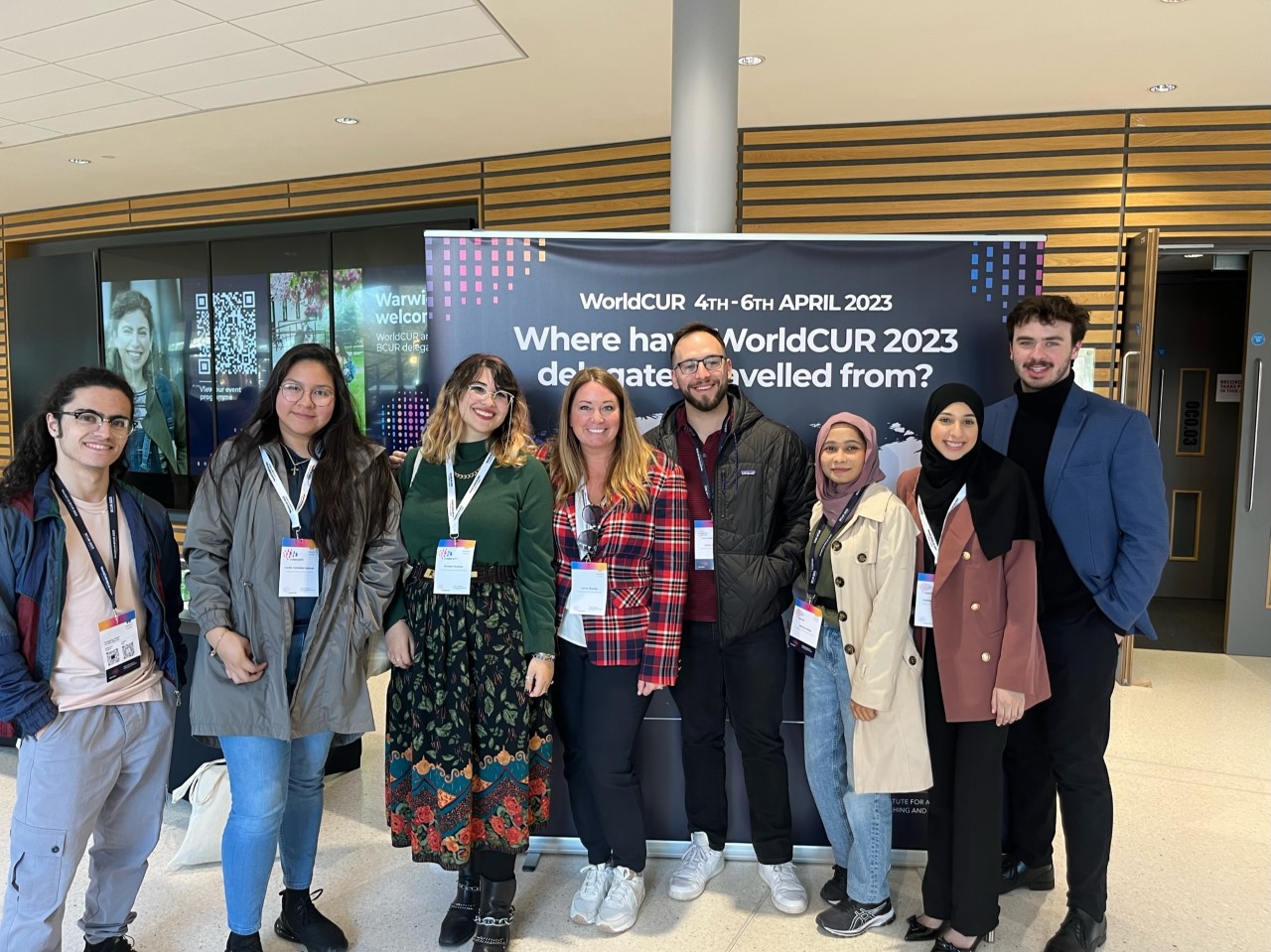Undergraduate Research Center
Cassandra Perrone
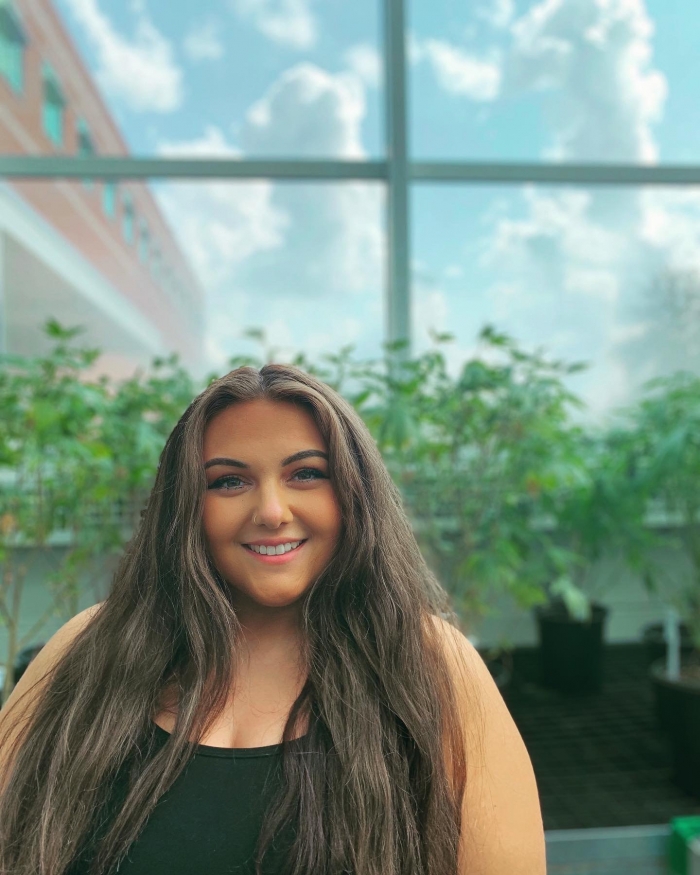
- SOAR Position: Member; Graduate Advisor (2022-23);Alumni
- Major: Forensic Science
- Faculty Mentor(s): Dr. John DuBois and Dr. Paul Kline
Current Focus: Cloning Successive Generations of Industrial Hemp (𝘊𝘢𝘯𝘯𝘢𝘣𝘪𝘴 𝘴𝘢𝘵𝘪𝘷𝘢) to Assess Cannabinoid Profiles & Assessment Profile of Cannabinoids and Terpenoids in Five
Project Description
Cloning 𝘊. 𝘴𝘢𝘵𝘪𝘷𝘢 vegetatively drastically reduces the opportunity for mutations to arise as well as not allowing for hybridization across variations like seeds would. Theoretically, clones should all have the same genetic information, so one would theorize that each successive generation would have the same metabolic/cannabinoid profiles. However, over many successive clonings, plants in general are known to lose functions. My thesis research is observing if 𝘊. 𝘴𝘢𝘵𝘪𝘷𝘢 loses the function of producing cannabinoids across multiple successive generations. Additionally, the other project I am working on involves establishing a comparison standard across multiple plant organs of 𝘊. 𝘴𝘢𝘵𝘪𝘷𝘢 for cannabinoids and terpenoids; this would create a baseline for future 𝘊. 𝘴𝘢𝘵𝘪𝘷𝘢 growing projects revolving around these chemical properties.
Why does this topic interest you?
𝘊𝘢𝘯𝘯𝘢𝘣𝘪𝘴 𝘴𝘢𝘵𝘪𝘷𝘢 is a plant that is revolutionizing multiple industries for its versatile use and beneficial properties. Cannabinoids and terpenoids are therapeutic in their own ways, and the most commonly researched compounds are as follows: cannabidiol (CBD) and beta-caryophyllene. These compounds make many positive impacts on individuals battling chronic illnesses and diseases, helping with nausea, anxiety, and pain. Pharmaceutically, 𝘊. 𝘴𝘢𝘵𝘪𝘷𝘢 is becoming more popular as it is legalized worldwide. Research on this plant is needed because of its increase in usage for many types of disease whether it be cancer or even a neurological illness. I am very thankful to be doing research in such a booming field that can help many individuals live a better life.
What are your professional aspirations?
My dream career is to become a Forensic Pathologist. Currently, this is a male dominated field which is slowly dying out as time goes on. I want to be a forensic pathologist to give back to the families of those who passed in a different way: giving them closure. I am planning on going to graduate school (hopefully here at MTSU!) to get a Masters in Chemistry or Biology before going to Medical School. Another career that I would love to have would be to work in a crime lab processing evidence whether it be serology or latent prints. Either way, my goal is to be somewhere in the forensics field!!
Do you have any advice for future researchers?
My advice I would give is to keep going. If a professor turns you down, get back up, and try again! Research is such an amazing thing to do because you gain so many extra skills besides lab technique such as time management and confidence. It is most definitely something to strive for. The mentors for research here at MTSU want you to succeed and be GREAT, but in order to do that you have to be determined and have the right mindset. Research is not easy, it is something that you have to want to accomplish. Also, don’t be afraid to do research outside of your department!our, for example, I am doing research in Biology when I am a Forensic Science major. Doing research out of your department can make you a more well-rounded student and connections!
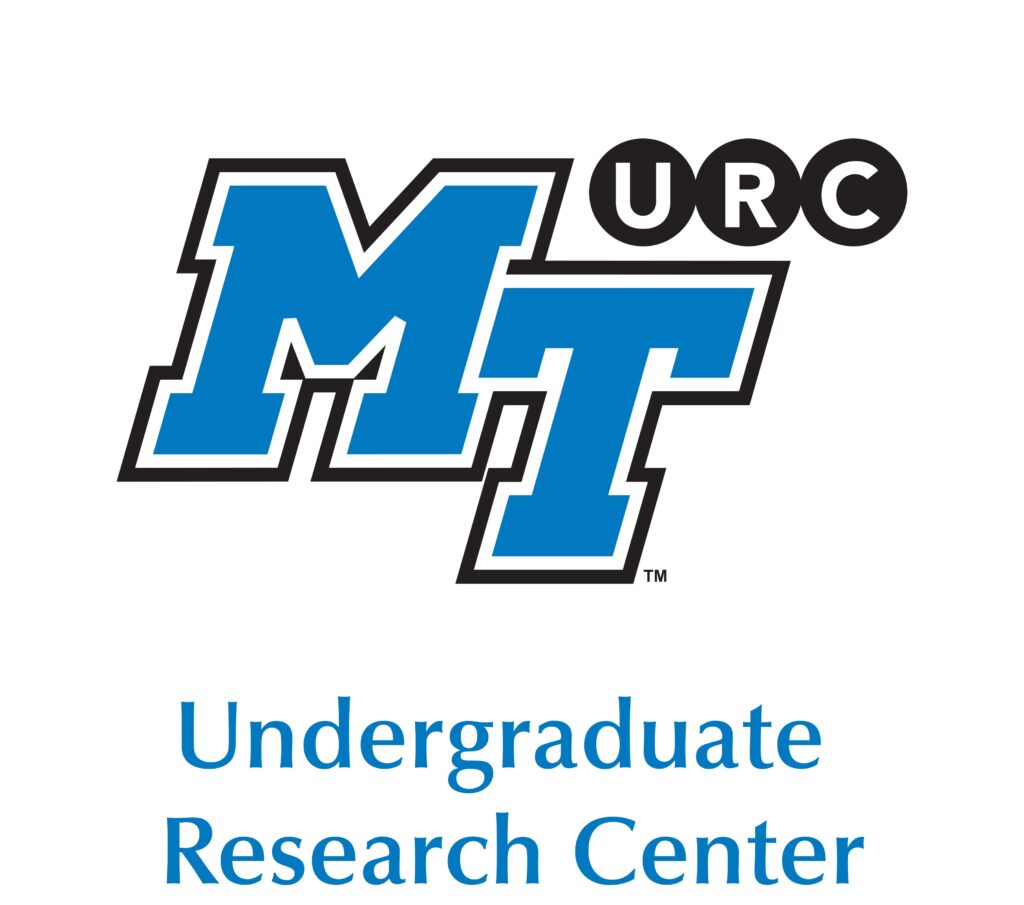
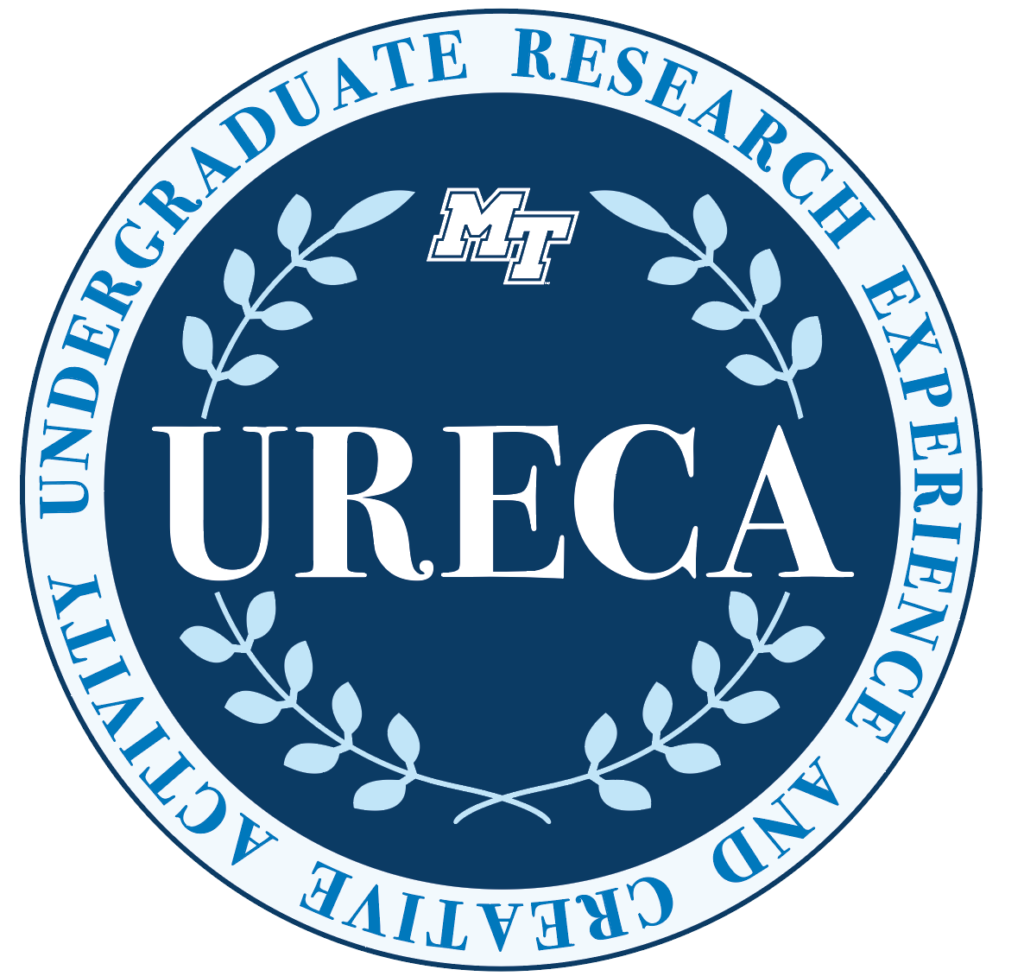
Spring URECA Deadline
Thursday, January 30th at 4:30 pm
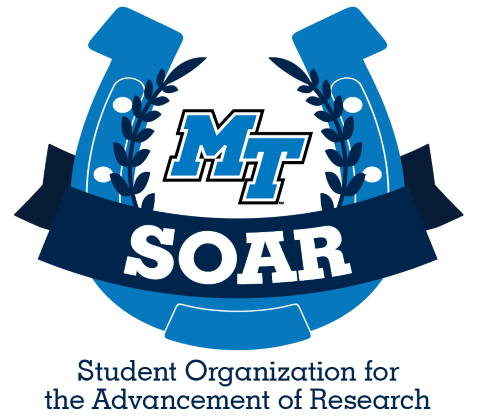
Contact us
Jamie Burriss, Ph.D., Director
(615) 494-7669
Jamie.Burriss@mtsu.edu
Casey Penston, Coordinator
(615) 809-4588
Casey.Penston@mtsu.edu
